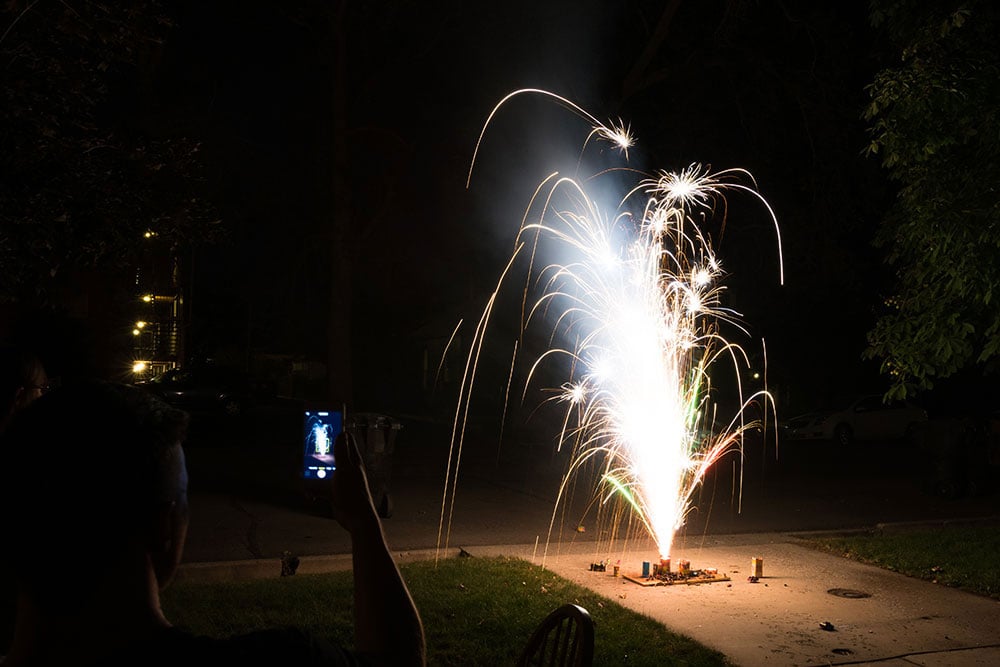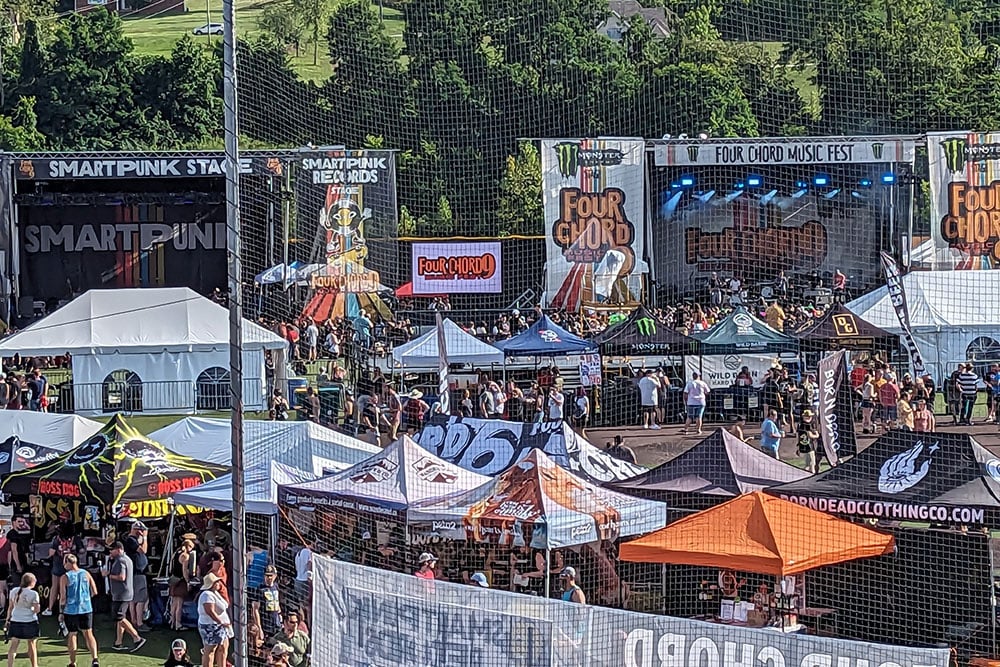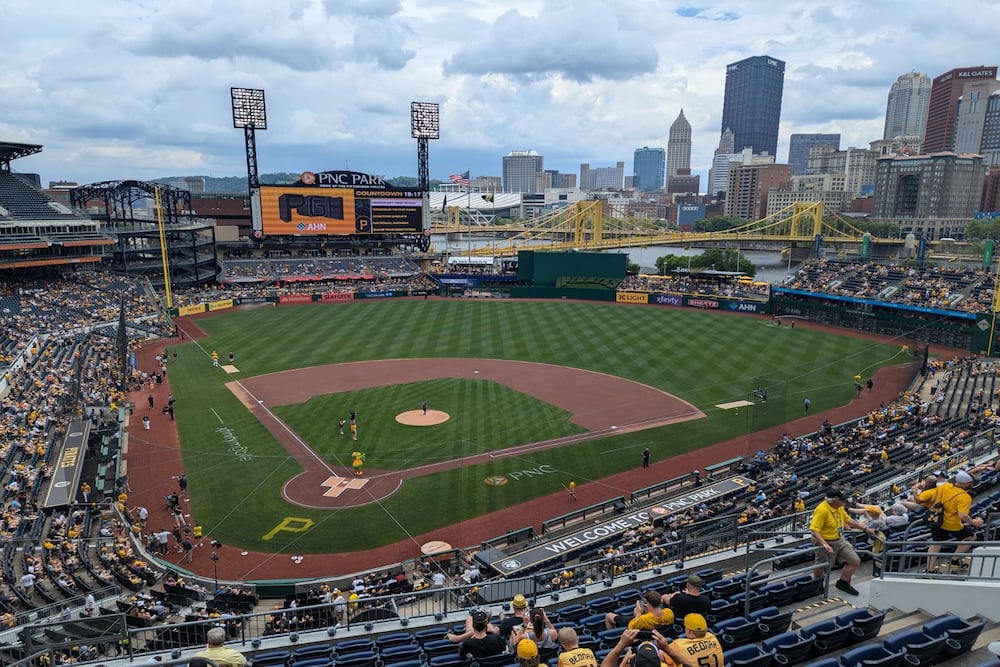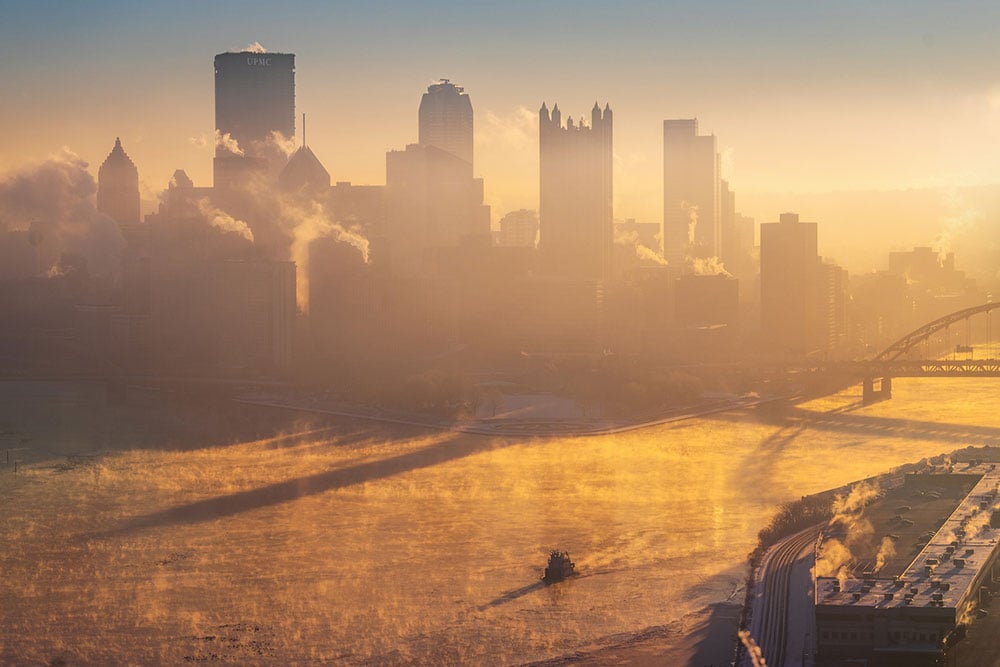Collier’s Weekly: Every Town Needs a Proper Theater
The difference between thriving and fading small towns in western Pennsylvania can often be found on the stage.
Western Pennsylvania has, by my estimation, several million main streets.
From individual neighborhoods of Pittsburgh to the central thoroughfare in every village and town between Morgantown and Lake Erie, this part of the country has been built around nexuses of local activity. This isn’t the case everywhere. If you drive through much of the country, you’ll find ranches or farm land broken up not by small towns but decentralized sprawl — cookie-cutter housing developments within a stone’s throw of a Wal-Mart or hospital, with nary a historic main street in sight.
Here, though, we have tiny “downtowns,” as they’re called, even if the area could never be accurately described as a town.
And I’ve noticed something lately: The good ones all have a theater. A proper theater, where local folks perform proper plays and musicals. I wish I could say they all have a cinema, but the era of the neighborhood movie house is all but gone; some have coffee shops while others have surrendered to the sugary spell of gas-station coffee.
But in every vibrant small town I visit, there’s a theater. Just this weekend, I drove to Butler to see the excellent production of “Constellations” at the Butler Little Theater, a civic treasure coming up on its 85th season. A week earlier, I was in Midland to visit the Lincoln Park Performing Arts Center, a charter school by day that stages vibrant, popular productions of comedies and musicals by night. And a week before that, I spent the night in Franklin — the subject of an upcoming travel piece — and kept hearing about the Barrow-Civic Theater, a local institution that everyone in town seems to be involved with in one way or another.
On the other hand, I could name plenty of small towns without a place like these, and most of them aren’t quite so vibrant. In many cases, a historic theater sits empty.
This could be a bit of a chicken-and-egg situation; do theaters make good main streets, or do healthy towns tend to produce and support theaters? It can, I think, be both; while the ability to support the arts is an indicator of a good community, theaters like these do build the communities around them.
That goes far beyond putting on shows for locals to see. Local theaters keep creative, talented neighbors engaged and involved — thus giving people more reason to stay in town. They boost nearby businesses, both with traffic on show nights and with jobs the rest of the time. And they turn a sleepy town from a place where nothing ever happens to a place where there are things to do.
Places where nothing ever happens tend to fade away; places where there are things to do tend to grow, or at least hang on.
If you live in a town with an institution like the Butler Little Theater or the Barrow-Civic Theater nearby, support it — even if you’re not typically a theatergoer. The task of keeping a town vibrant goes beyond jobs and services. It often takes institutions that a town can call its own, those places and people that add vibrancy and activity beyond the day-to-day.
These are things that make a town more than merely a place.















